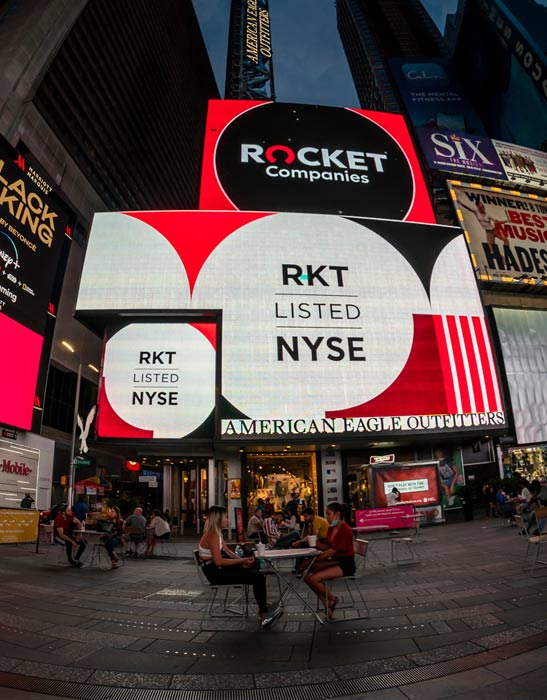After a prolonged period of subdued activity, property investors are returning to the market — with borrowing nearly doubling compared to the same time last year. While we’re not witnessing a return to the hyper-growth era of the early pandemic, signs of renewed confidence are emerging, underpinned by falling interest rates and evolving government policies that are once again tilting the balance toward investors.
Investor Lending on the Rise
Recent figures show a 90% year-on-year increase in investor mortgage lending, reaching $1.2 billion in January 2025 — one of the highest January totals in the past decade. Overall housing lending hit $5.1 billion, up 50% from a year prior and surpassing pre-COVID benchmarks. These gains reflect both market resilience and the impact of the Reserve Bank’s cash rate cuts finally flowing through to mortgage rates.
While lending conditions have improved, we’re still a long way from the frenzy of 2021. Interest rates, though easing, remain high enough to keep the market from overheating. Credit conditions remain tight, and affordability challenges persist — but the fundamentals are shifting in investors’ favour.
Why Investors Are Re-engaging
Several factors are driving renewed interest from investors:
- Lower mortgage rates are reducing the cash top-ups investors need to support their rental properties.
- Tax changes reinstating interest deductibility have improved investment returns, particularly for older properties.
- The bright-line test has been shortened to two years, reducing the holding period needed to avoid a capital gains-style tax on resale.
- The share of market activity from investors has climbed to 23%, up from 20% the year before.
This recovery is largely being led by “mum and dad” investors — typically those with a single property — who now find the numbers beginning to stack up again. The cost to carry a loan on a typical rental property has dropped significantly, in some cases halving from its 2023 peak.

Despite these tailwinds, the market remains subdued due to high rental vacancy rates . Rental listings surged 41% year-on-year in March, marking the highest levels since 2014, while median rents have dropped 2.3% nationally. Many investors are navigating this “renters’ market” by offering incentives — from discounted rents to grocery vouchers — to attract reliable tenants. These dynamics mean strategic thinking is essential. Investors must focus on long-term value, tenant stability, and properties with strong fundamentals.
First-Home Buyers Still Holding Strong
While investors are increasing their presence, first-home buyers remain active, accounting for 25% of recent purchases — only slightly below record levels. And even with a slight drop in market share, higher transaction volumes overall could still see this group purchasing more homes than in 2024.
Importantly, DTI rules are proving less restrictive for first-home buyers than for investors. Only 4% of loans to this group exceeded six times their annual income in January, well below the 20% cap.
Looking Ahead: Stability Breeds Opportunity
The property market appears to be entering a more stable phase. Price growth has returned modestly in most regions, led by cities like Christchurch, Dunedin, and Invercargill, while other areas — including Rotorua and Marlborough — have seen slight corrections. Economists forecast average house prices to rise approximately 5%- 7% over the next year, though no one expects runaway growth.
In this climate, non-bank lenders play a crucial role — especially for borrowers who fall outside the traditional lending box. We offer more flexible solutions tailored to investors and brokers navigating complex scenarios, helping them act quickly and confidently in a market defined by nuance, not noise.
The Bottom Line: The housing market of 2025 is not the boomtime of the past, but it is full of opportunity for those who plan wisely. Investors who position early — while interest rates are trending down and the market is recalibrating — may find themselves ahead of the curve. Now is a time for strategic moves, informed decisions, and trusted lending partners.



